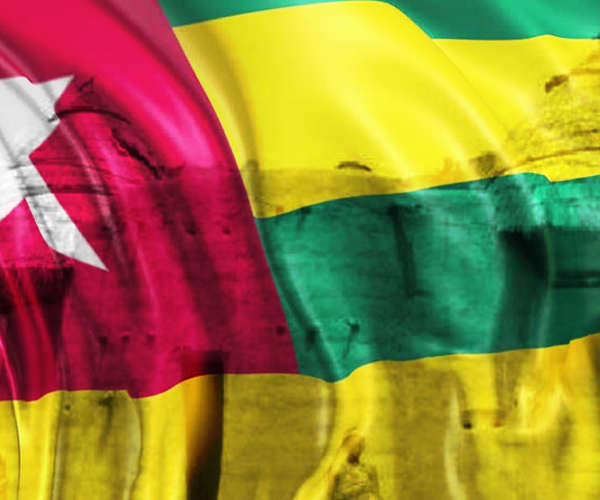

Background Check Group
+6531 290 390
Email: info@backcheckgroup.com
Background Check Group
Global Reach Local Insight Headquartered in Singapore serve clients in more than 200 countries

Data Protection Laws Not Found
(Abstract: The penal code of Togo was published on 13 August 1980. In its article from 208 to 210, the legislation mainly regulates the behavior of government official, any official or employee of a public service as well as the punishment if they fail to obey.)
SECTION 3- DES CONCUSSIONS ET CORRUPTIONS
Art. 208 -Sera puni d’un à cinq ans d’emprisonnement:
1) tout agent ou préposé de l’Etat ou d’une personne morale de droit public, mandaté pour percevoir des impôts, taxes ou autres droits qui aura exigé, reçu, fait exiger ou percevoir des sommes ou valeurs qu’il savait n’être pas dues;
2) tout officier public, magistrat, fonctionnaire ou préposé d’un service public qui aura sollicité ou agréé des dons, promesses, avantages de toute nature en vue d’accomplir un acte de sa fonction non sujet à rémunération particulière ou en vue de s’abstenir de remplir un devoir de sa fonction.
3)quiconque aura par menaces, voies de fait, promesses, dons ou présents, obtenu ou tenté d’obtenir d’un représentant du gouvernement ou des administrations et services publics des passe-droits, avantages, faveurs, actions ou omissions illicites.
Art. 209 -Sera puni de trois mois à deux ans d’emprisonnement tout représentant du gouvernement, tout fonctionnaire ou préposé d’un service public qui directement ou par personne interposée aura pris ou conservé des intérêts dans une entreprise placée sous sa tutelle, sa surveillance ou son contrôle.
La possession d’actions ou parts sociales ne représentant pas plus de 5 % du capital social de l’entreprise est toutefois compatible avec la fonction de tutelle, de surveillance ou de contrôle visées à l’alinéa précédent.
Art. 210 – Sera présumé personne interposée le conjoint, le parent jusqu’au 4edegré ou la personne vivant en concubinage notoire avec le membre du gouvernement, le fonctionnaire ou préposé chargé de fonctions de tutelle, surveillance ou contrôle, qui aura pris des intérêts dans l’entreprise postérieurement à la prise de ces fonctions ou avant un délai de deux années après leur cessation.
Security
The decision to travel is your responsibility. You are also responsible for your personal safety abroad. The purpose of this Travel Advice is to provide up-to-date information to enable you to make well-informed decisions.
You are advised to sign up for our Registration of Canadians Abroad service and maintain contact with the High Commission of Canada in Accra, Ghana.
Crime
The rise in crime is a serious concern in urban areas, including in Lomé. Several attacks, armed assaults, including machete attacks and violent robberies have been reported in the past months. Exercise extreme vigilance and caution as a new scheme of armed carjackings and residential burglaries targeting foreigners is on the increase.
Crimes of opportunity such as petty thefts and muggings are prevalent. Thieves are active in Lomé, particularly along beaches and in market areas. You should not show signs of affluence and avoid walking alone, especially after dark.
There have been incidents of illegal roadblocks set up by armed bandits who stop and rob vehicles. Attacks have been reported near the Burkina Faso border and have occurred mostly after dark.
Demonstrations
Political demonstrations occur frequently, especially in Lomé, and can turn violent with little warning. Avoid demonstrations and large gatherings, monitor local media and follow the advice of local authorities.
Road travel
Urban roads are usually paved, but small motorcycles, poorly maintained and erratically driven vehicles, pedestrians and roaming animals pose risks. Road signs are often poorly visible or completely missing. Heavy seasonal rains and flooding could affect local road conditions.
Overland travel after dark should be avoided. In Lomé, beware of individuals who appear to need assistance, as bandits frequently use this tactic to lure drivers out of their vehicles. You should keep vehicle doors locked and windows shut at all times. In case of a road accident, you should call the police and do not try to leave the scene as it will draw a crowd that can turn hostile. In remote areas, travel in a convoy of at least two vehicles. Since emergency vehicle services are non-existent, in the event of an accident, you should proceed to the nearest police station or hospital. A four-wheel-drive vehicle is recommended for travel off the main roads.
Identification papers and vehicle documentation should be readily available for frequent police checkpoints.
Public Transportation
Exercise caution when using public transportation. Taxis are available, but some are poorly maintained. You should not share taxis with strangers. Motorcycles and mopeds also operate as taxis and are common, especially in Lomé.
See Transportation Safety in order to verify if national airlines meet safety standards.
Piracy
Pirate attacks occur in coastal waters and, in some cases, farther out at sea. Mariners should take appropriate precautions. For additional information, consult the Live Piracy Report published by the International Maritime Bureau.
fraud
Cases of attempted fraud are frequently reported in this country. See our Overseas Fraud page for more information on scams abroad.
General safety information
Tourist facilities are limited and may be affected by chronic power shortages.
You should carry certified copies of identification and travel documents at all times and keep originals in a safe place, for example, in a hotel safe. It is also advisable to carry a cellular phone.
Ocean currents are very strong along the coast. Many drownings occur each year.
RECIPIENT
[BUILDING]
[SUBBUILDING]
[HOUSE_NUMBER,] STREET_NAME
LOCALITY
TOGO
Sample
Hotel Cote Sud
126, Rue Nima – Aguiar-Kome
Lome
TOGO

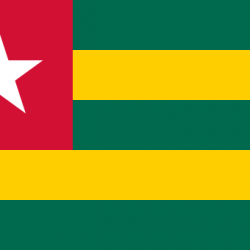
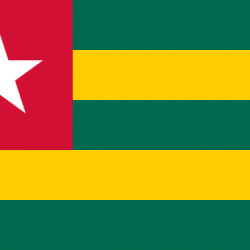
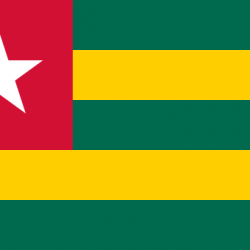
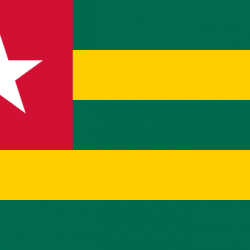
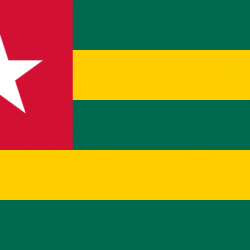
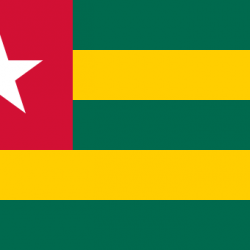
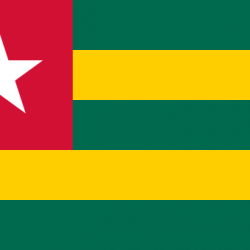
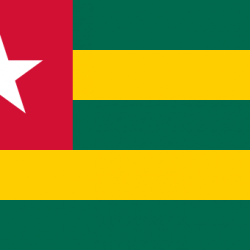
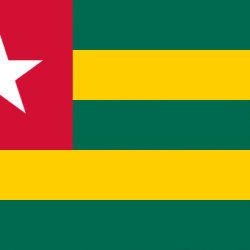
 We will not leak your personal information
We will not leak your personal information